One church, two prayers raised the need for a fresh revival of repentance, as we humble ourselves before God in prayer, in leadership, and in honest worship. The way to Jesus Christ is by grace and not of works. The parable of the Pharisee and the tax collector points to a need for mercy, which requires a repentant heart and not a proud heart (Lk 18). It is the reality of our need for Jesus Christ for the forgiveness of our sins that makes God hear our prayers.
One church, two prayers resonate with the state and decline of the church, shaped by the Pharisee’s blindness. The blindness of the Pharisees is bad enough, but when we realise that they are leading others down the same ditch-bound path, their blindness becomes contagious. Pharisees are still among God’s people, hence the need to search our own hearts and root out the self-righteousness and pride. This is a dangerous place to be in as a Christian or for what we often call the typical churchgoer. The Pharisee rejoiced not for who God was, but rather for who he was. The heart of the Pharisee shapes his prayer. We must confess our spiritual blindness and deafness and beg Jesus Christ, the Great Physician, to heal hearts.
The first prayer is about a Pharisee’s prayer, based on pride and self-achievement, about who he is, not who he is not. The second prayer by the tax collector is shaped in humility, asking for mercy as a sinner. The Pharisee’s prayer is always in opposition to the humble prayer of a sinner asking for mercy from Jesus Christ. The Pharisee threw the tax collector under the bus, forgetting that the key understanding of oneself is the need for mercy as a sinner. The works of the Pharisee were born out of his pride, egotism, praying and working out of love for their self-reputation and not repentance.
The Pharisee says, “I thank you that I am not like other men, thieves, the unrighteous, adulterers—or like this tax collector” (Luke 18:11). The reflection is that the Pharisees only saw the letter of the law that kills but failed to see its spirit that gives life. The Pharisee trusted himself to be righteous, clinging to the externals of the law without considering the spiritual applications. The Pharisee was blind to the law’s intention and still boasted of being righteous before men. In contrast to what the Scripture says, “without faith it is impossible to please God, the works of this Pharisee were founded on unbelief, pride, and arrogance and were without faith but an external mask of ‘righteousness” (Heb 11:6).
The Pharisee boasted of the law of God while lacking the obedience it required—the Pharisee, from his impure and prideful heart, heaps abuse on God and neighbour. In the face of the law’s command to love our neighbour, the Pharisee accused his neighbour. The Pharisee is not a thief, not an adulterer. He fasts and gives tithes. Sadly, he defiled his good deeds with self-love and pride. The Pharisee lacked the source of good works: faith in Jesus Christ. Where Jesus is not present and acknowledged as the Lord and Saviour, no good work can please God.
The Pharisee approached God without faith, without repentance, and without Jesus Christ as his Justifier and Mediator. The Pharisee, a mere dust and ashes, boasted before God, an act of pride and an abuser of God’s temple appointed for praying for mercy for public and private sins, to a place of judgment. The Pharisee, rather than joining ‘his thanks for the tax collector with that of the angels of God, who rejoice in heaven over one sinner who repents,’ accused the repentant one.
The Pharisee’s fasting becomes an abomination when it becomes a means of earning merit from God. On tithing as ordered by God as a means for the priests to live, Pharisees’ tithing turned to self-promotion and achievement. To overcome the blindness of the Pharisee’s prayer and worship lifestyle, our hearts must be repositioned as that of the tax collector, following his model of humility. One church and two different prayers invite us to reflect on our lives. The reflection is, in what ways do you identify more with the Pharisee in the story? In what ways with the tax collector? Are you living with the burden of pride or in your own strength? God is saying to someone, repent of building self-reputation. Life, worship, and prayer rooted in pride are devoid of God’s mercy.

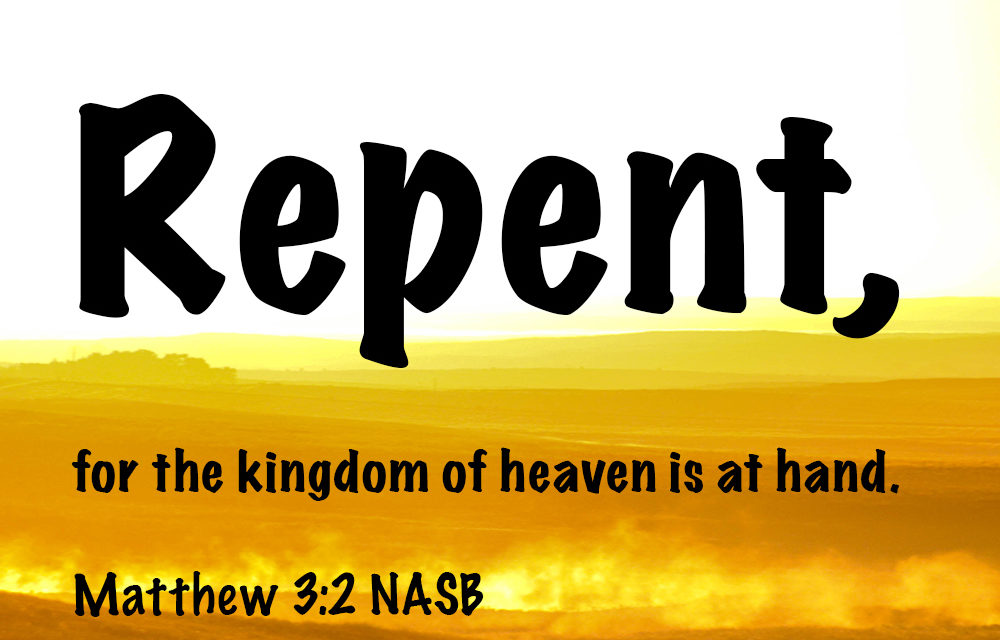
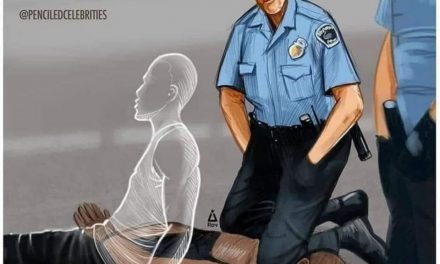

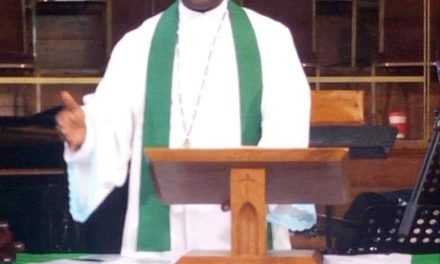

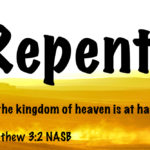



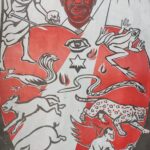
Recent Comments